
Humans are still evolving, and we’re losing our teeth
For many people, the idea of human evolution feels like a distant concept—something that happened thousands or even millions of years ago. However, scientists have consistently shown that evolution is not just a part of our past; it is happening right now. One of the clearest examples of this ongoing change is found inside our mouths. Modern humans are gradually developing fewer teeth, and wisdom teeth—once essential for survival—are disappearing altogether. This intriguing trend highlights how our bodies continue to adapt to the lifestyle and environment of the modern world.
Historically, our ancestors relied on a tough, raw diet that required strong jaws and plenty of chewing power. Foods like uncooked meat, fibrous plants, roots, and nuts were difficult to break down. Because of this, early humans had larger jaws and more teeth, including a full set of wisdom teeth to help grind food effectively. Over thousands of years, however, our diets changed drastically. The invention of tools, cooking, and agriculture made food softer and easier to chew. As a result, the human jaw gradually became smaller, while our teeth remained roughly the same size.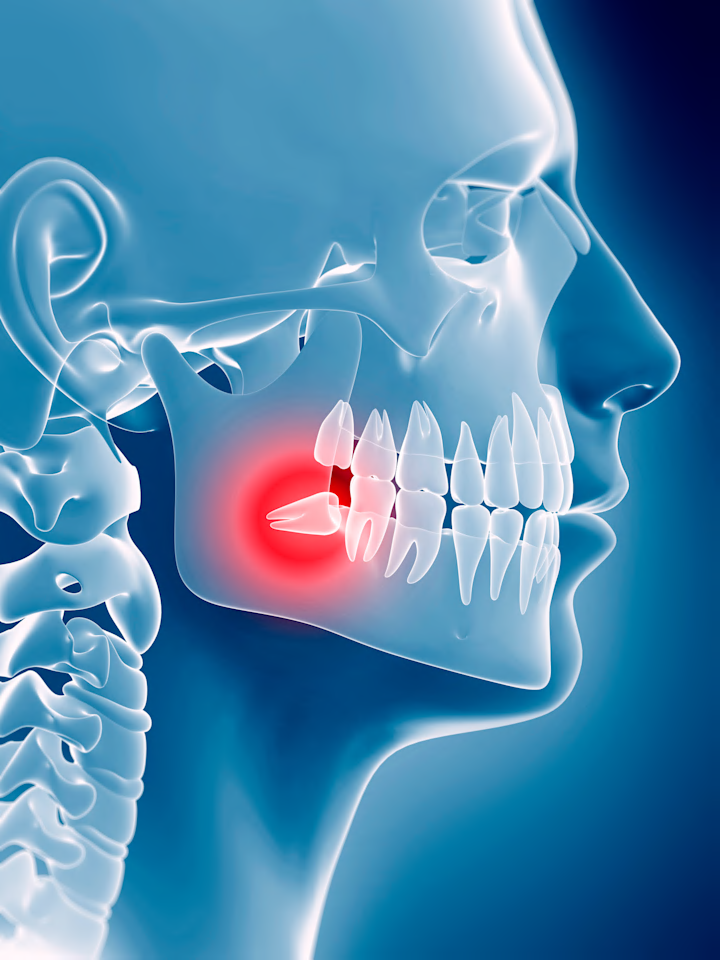
This mismatch between jaw size and tooth size explains why wisdom teeth often cause problems today. Many people experience overcrowding, pain, or impacted wisdom teeth that need surgical removal. But interestingly, researchers have found that an increasing number of people are now being born without wisdom teeth at all. This shift is considered a clear sign of modern human evolution. Studies across various populations show that the absence of wisdom teeth is becoming more common with each generation.
Another fascinating aspect of this evolutionary shift is the reduction in the number of premolars or changes in tooth shape. Scientists believe this trend is linked not only to diet but also to cultural and technological shifts. As our lifestyle becomes less dependent on chewing hard foods, the selective pressure for large, strong jaws and multiple molars decreases. In other words, we simply don’t need as many teeth as our ancestors did.
Genetic factors also play a major role. A specific gene known as MYH16 is believed to influence jaw size and muscle strength. As this gene continues to evolve and weaken, our jaws become smaller, reducing the available space for extra teeth. Additionally, the gene PAX9 has been linked to missing teeth in modern humans, especially wisdom teeth. These genetic mutations are gradually spreading throughout the population through natural selection.
While losing teeth might sound like a disadvantage, in evolutionary terms, it may actually be beneficial. Fewer problematic teeth mean fewer infections, easier childbirth (because a smaller jaw correlates with a slightly smaller skull during early development), and less need for surgical intervention. Evolution always favors traits that improve survival and reproduction, and having fewer unnecessary teeth appears to fit that trend in the modern era.
Beyond teeth, this example serves as an important reminder that evolution never stops. As our environment, diet, and daily habits continue to change, our bodies adapt in subtle but meaningful ways. From changes in brain size to the growing prevalence of lactose tolerance and even shrinking pinky toes, the human body is constantly adjusting to life on Earth.
In conclusion, the disappearance of wisdom teeth is more than a dental curiosity—it is evidence that humans are still evolving. Our jaws are shrinking, our diets have transformed, and our bodies are adapting to new realities. Evolution is not just a story of our past; it is an ongoing process shaping our future, one generation at a time.
News in the same category


The Power of Clove Steam Inhalation (Respiratory Relief You Can Feel Immediately)

Popular blood pressure drug linked to increased cardiac arrest risk

Powerful Health Benefits of Pineapple You Should Know

The Surprising Health Benefits of Sleeping in a Cold Room

High Blood Sugar Warning Signs

🥚 A Look at How Certain Boiled Egg Habits May Affect Your Heart Health

🌿 Clove Water Sitz Baths for Women: A Gentle Guide to Hygiene and Comfort
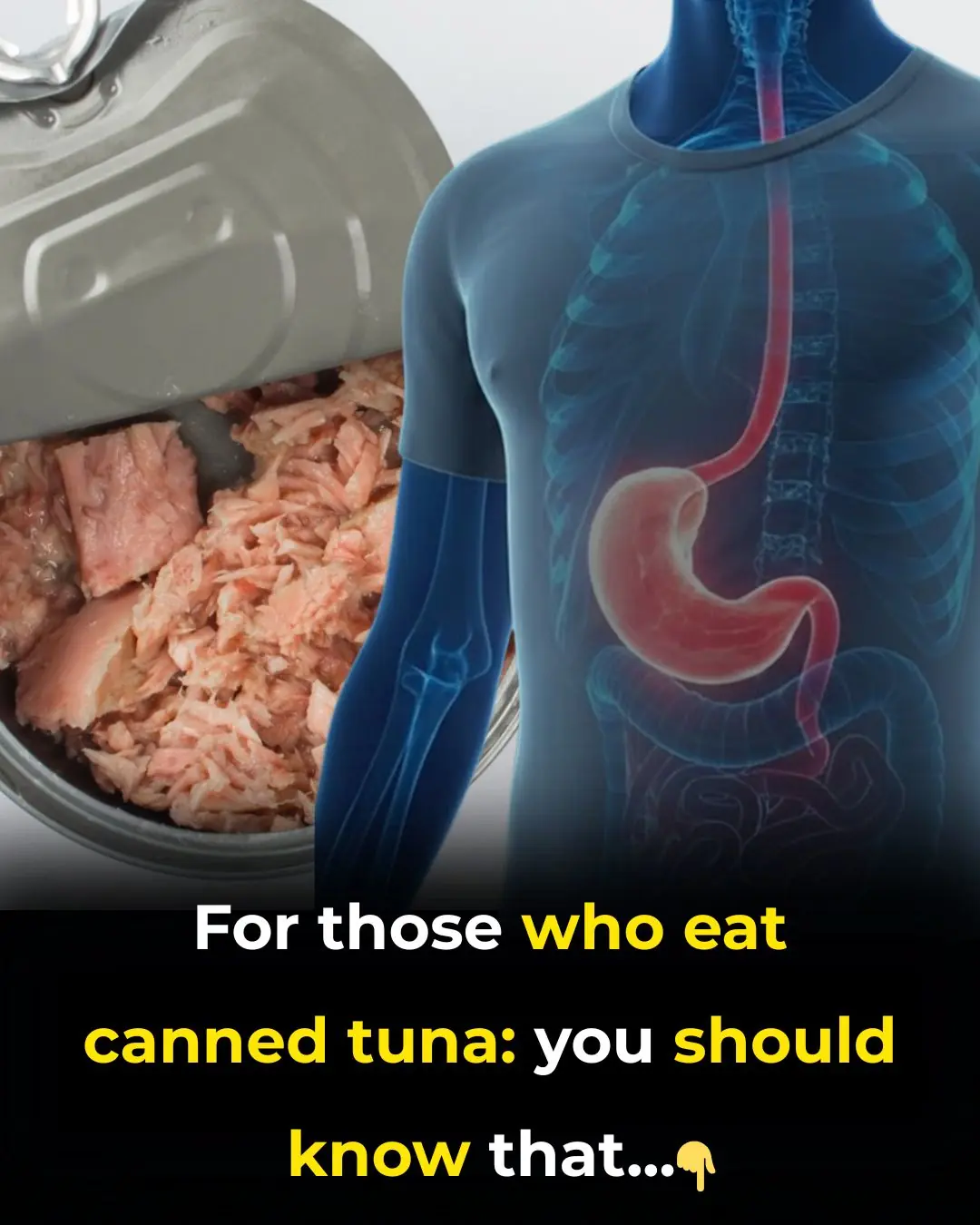
What Happens to Your Body When You Eat Canned Tuna Every Day
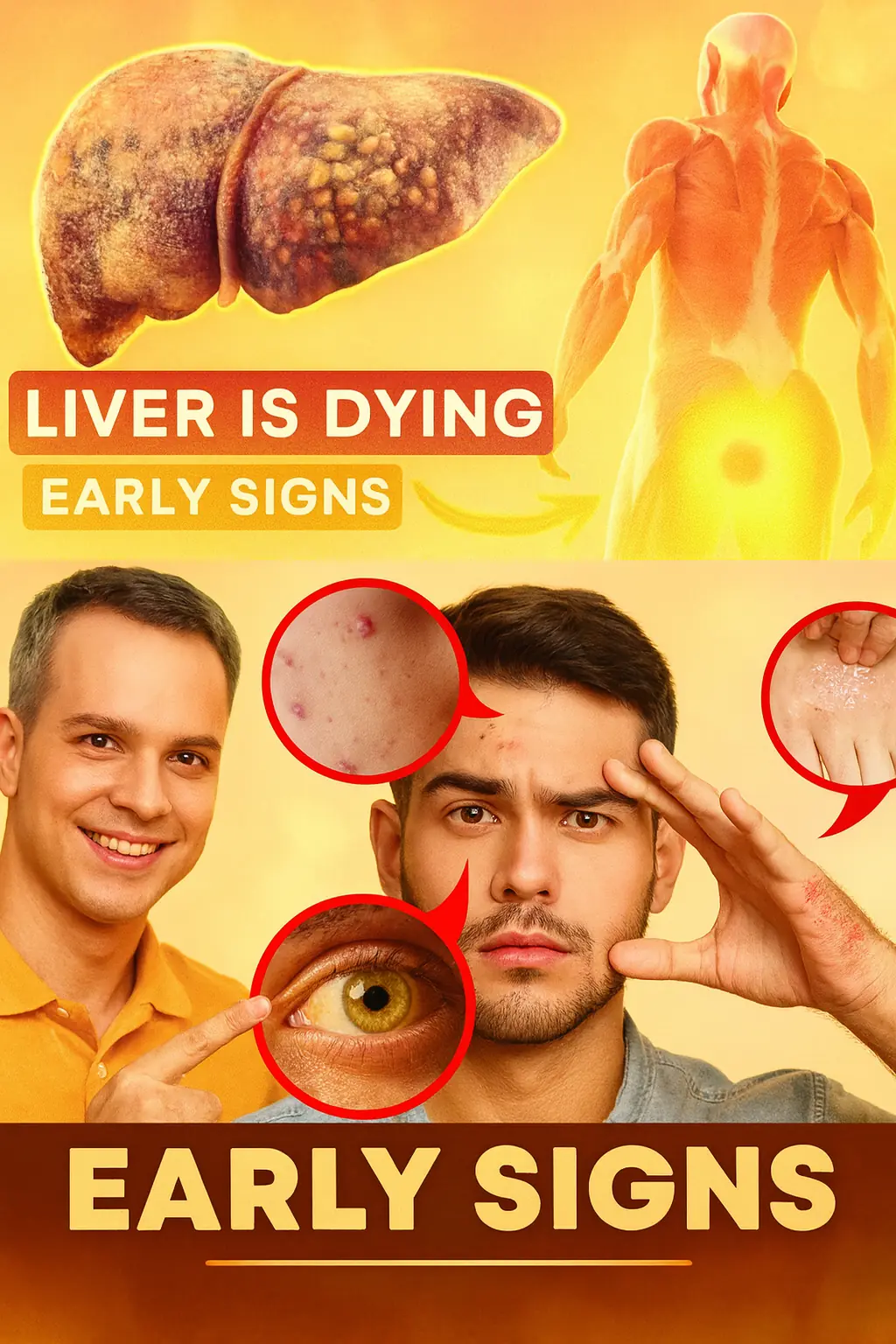
17 Warning Signs Your Liver Is Crying for Help

How to Support Your Kidneys Naturally Using 1 Teaspoon of Baking Soda

Fish oil cuts CV risk nearly in half for dialysis patients

The hidden heart danger doctors say is more common in people with diabetes

The surprising power of 4 seeds to repair your nerves naturally

Trial: mRNA Flu Vaccines More Effective Than Quad

3 Miracle Herbs to Instantly Lower Blood Pressure & Clear Arteries Naturally

The Surprising Uses of Lemon and Charcoal: A Natural Mix That May Change Your Daily Routine
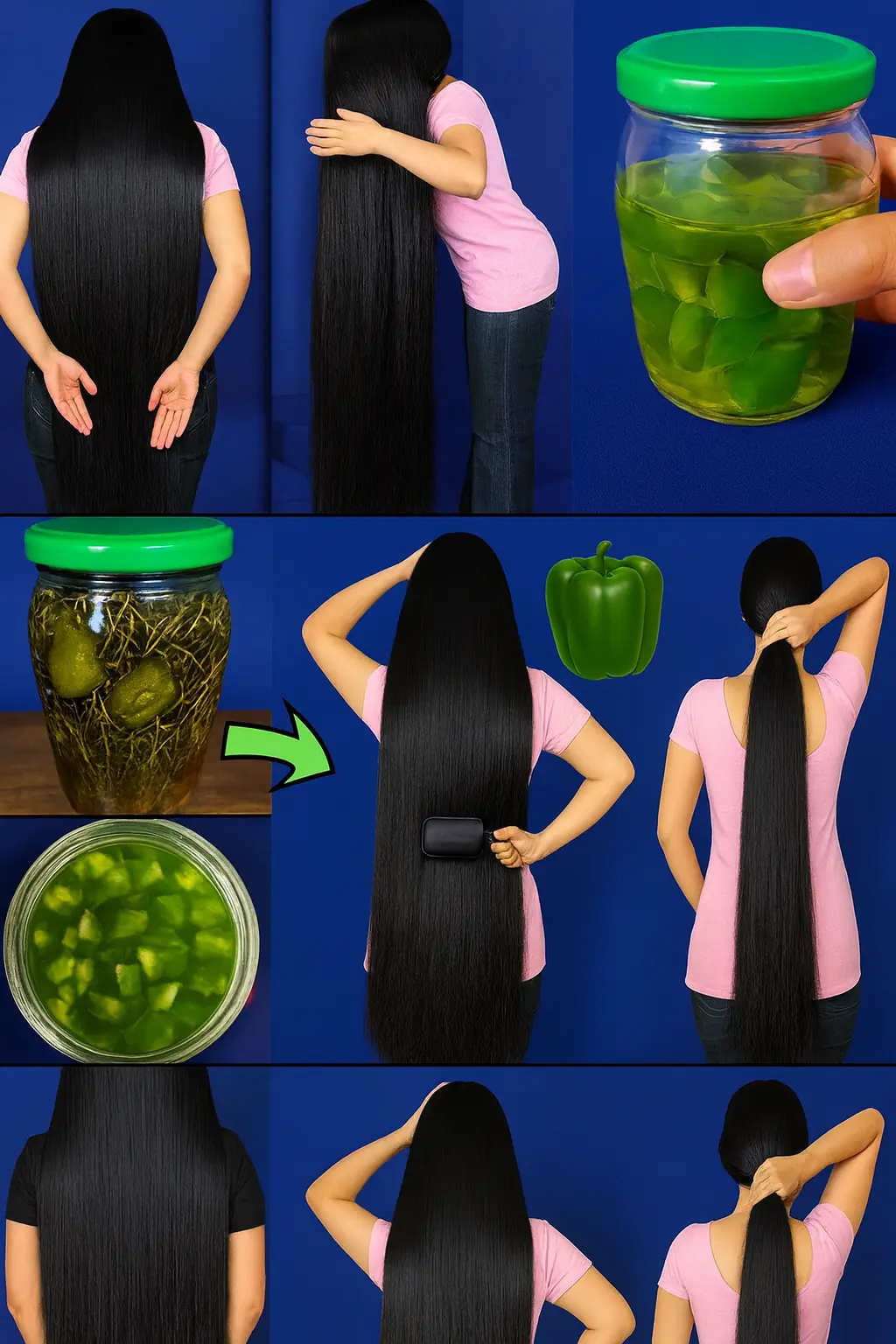
The Green Bell Pepper Hair Growth Secret You NEED to Know
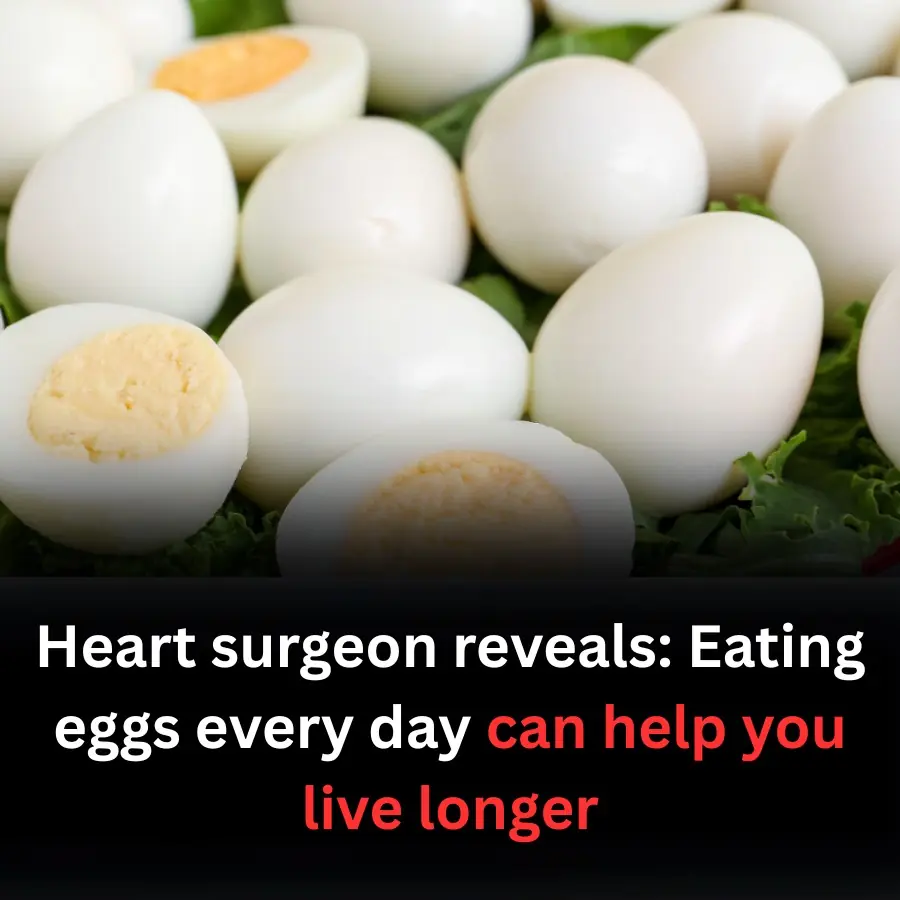
Eating eggs every day can help you live longer
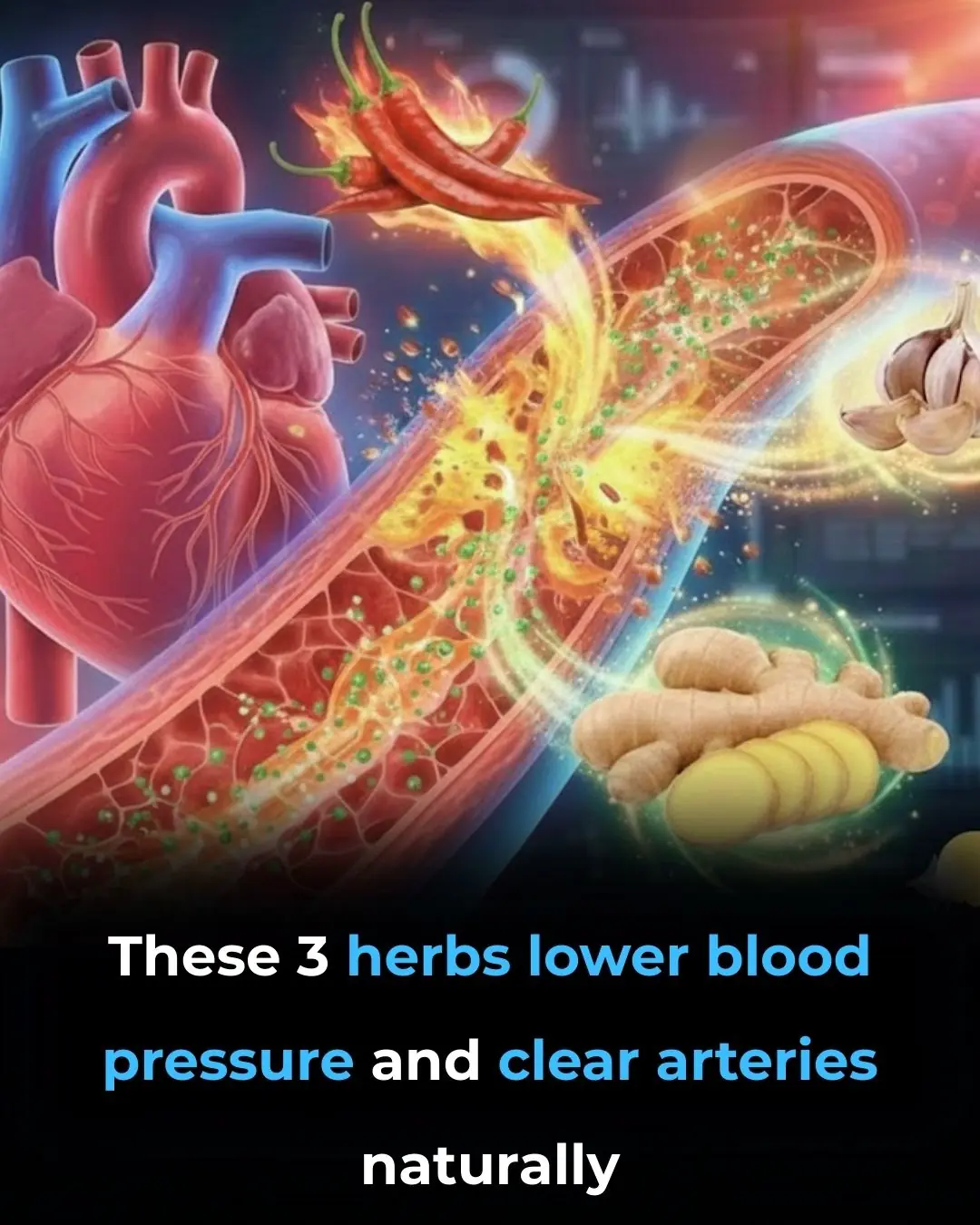
3 Miracle Herbs to Instantly Lower Blood Pressure & Clear Arteries Naturally
News Post
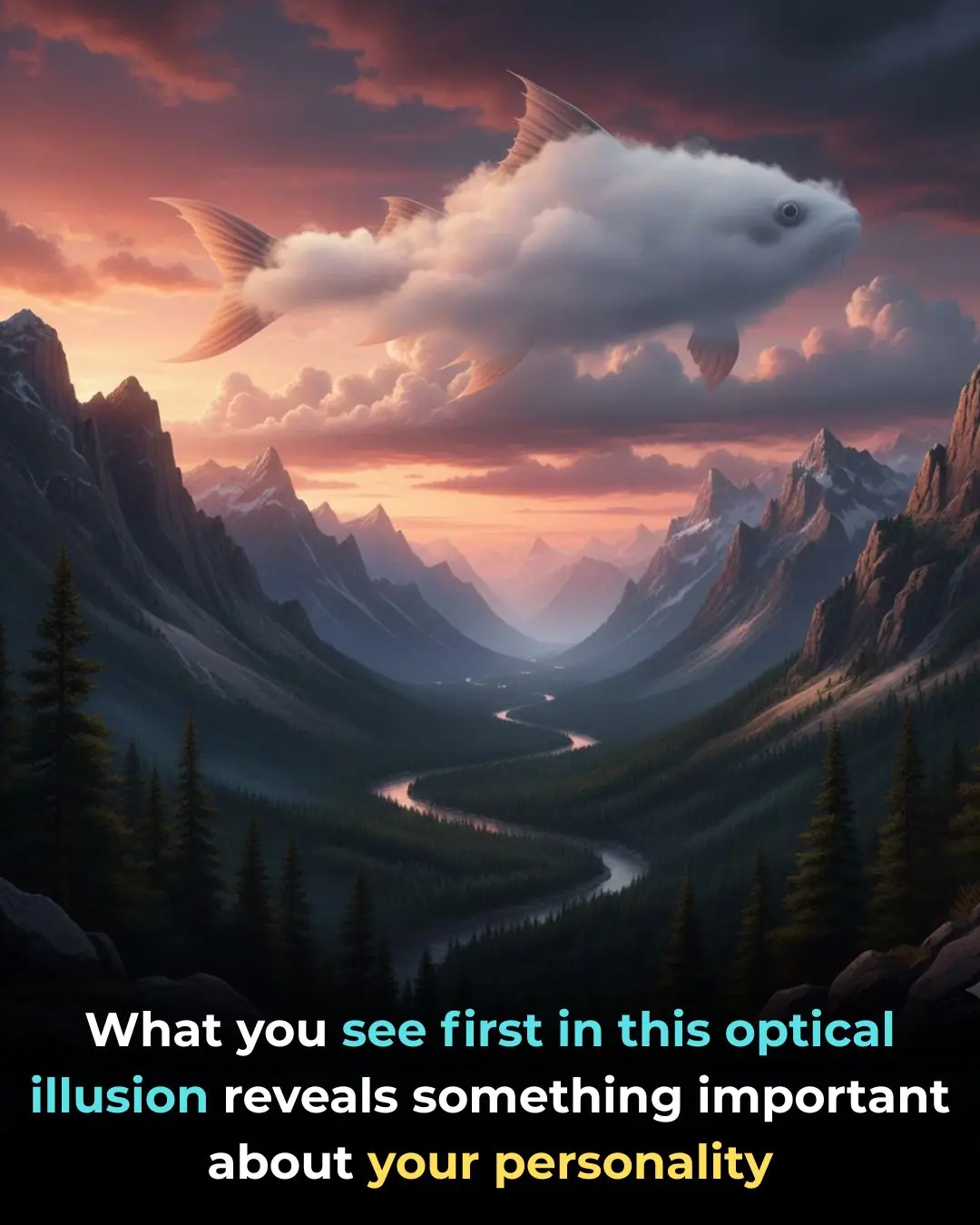
What You See First in This Optical Illusion Reveals A Lot

Why Your Dog Stares at You

10 Best Foods to Detox Your Kidneys and Protect Renal Health
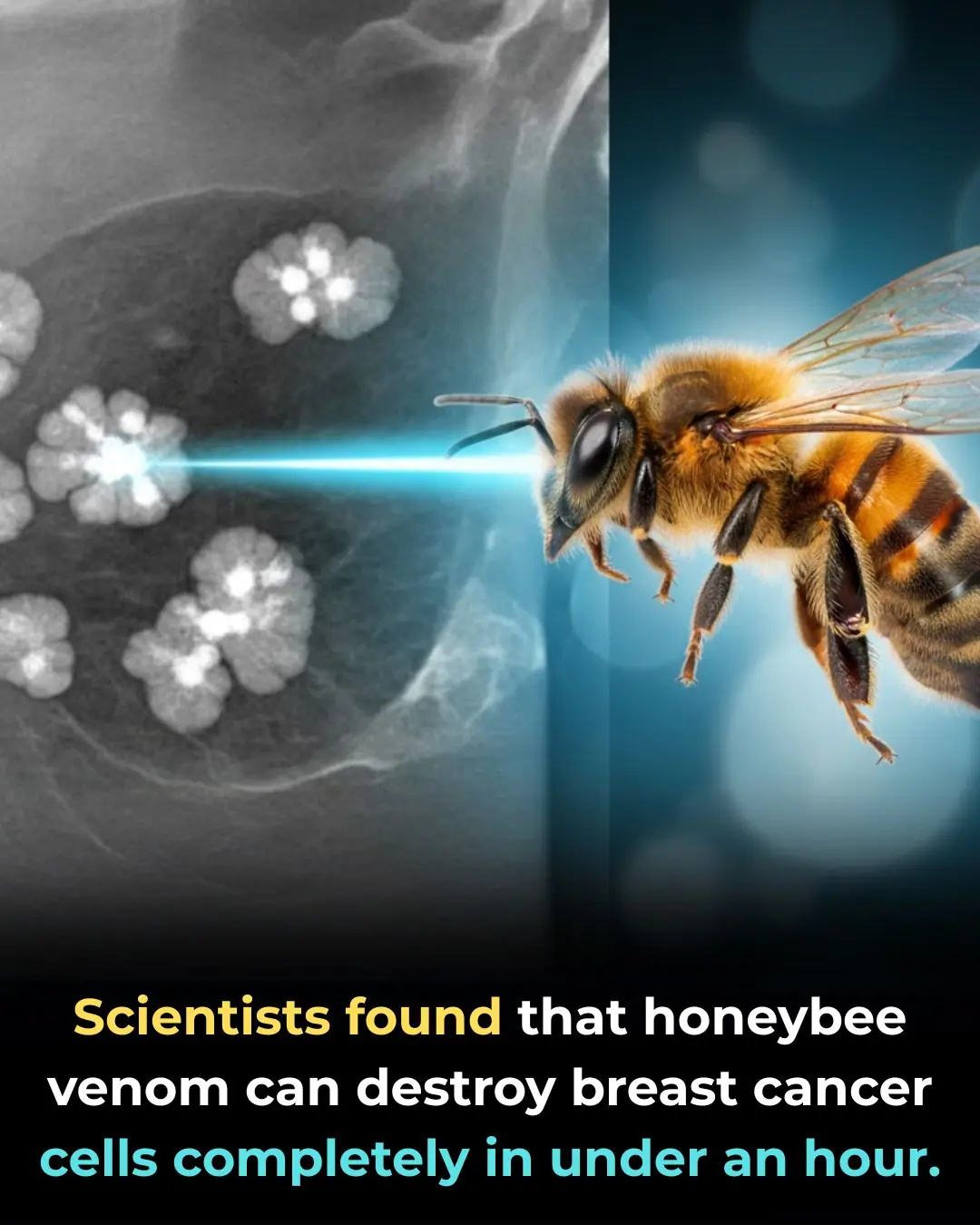
Honeybee Venom Can Destroy Breast Cancer Cells in Under an Hour — A Breakthrough That Could Transform Modern Medicine
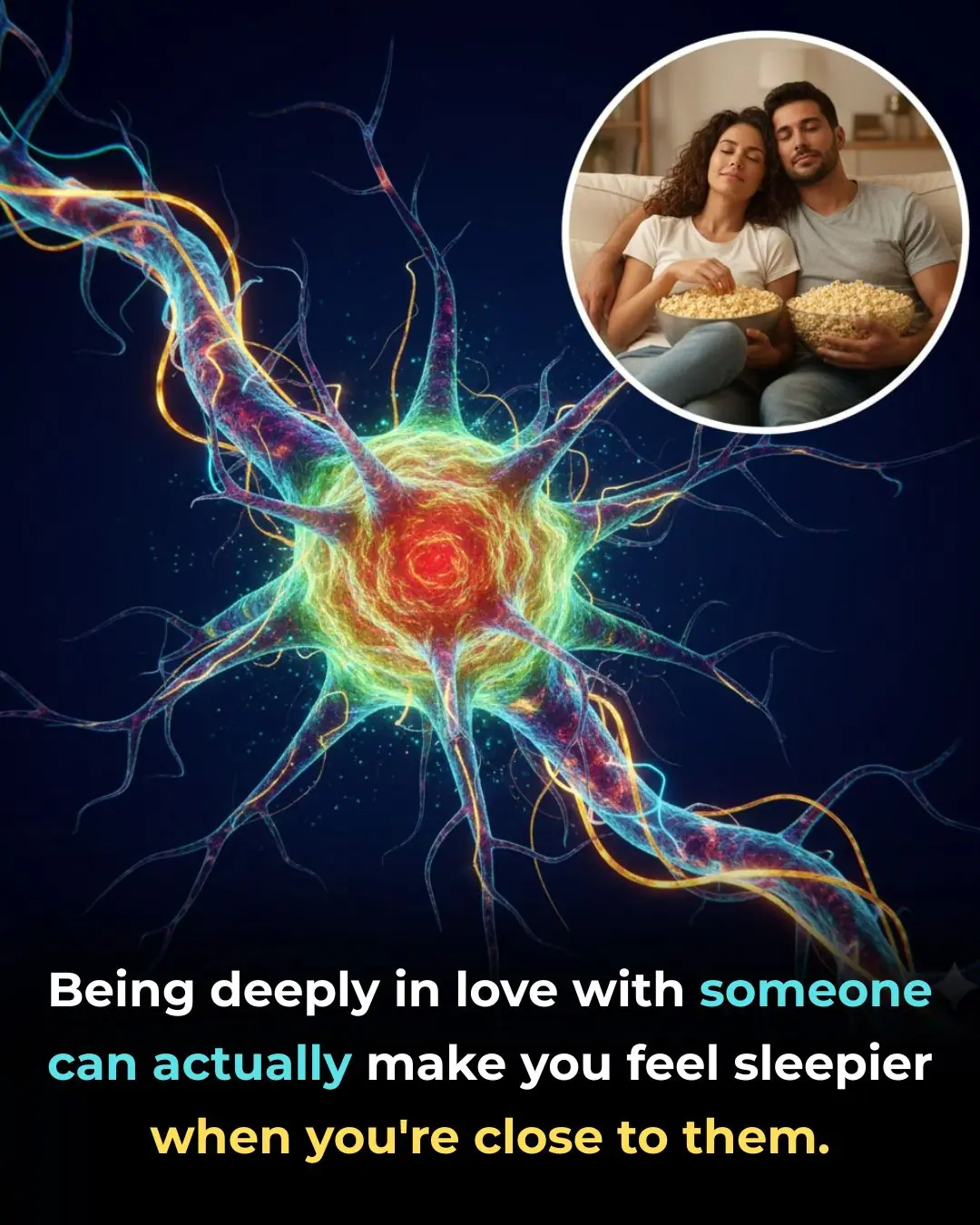
Love Can Literally Make Your Body Crave More Sleep — Here’s the Science Behind It
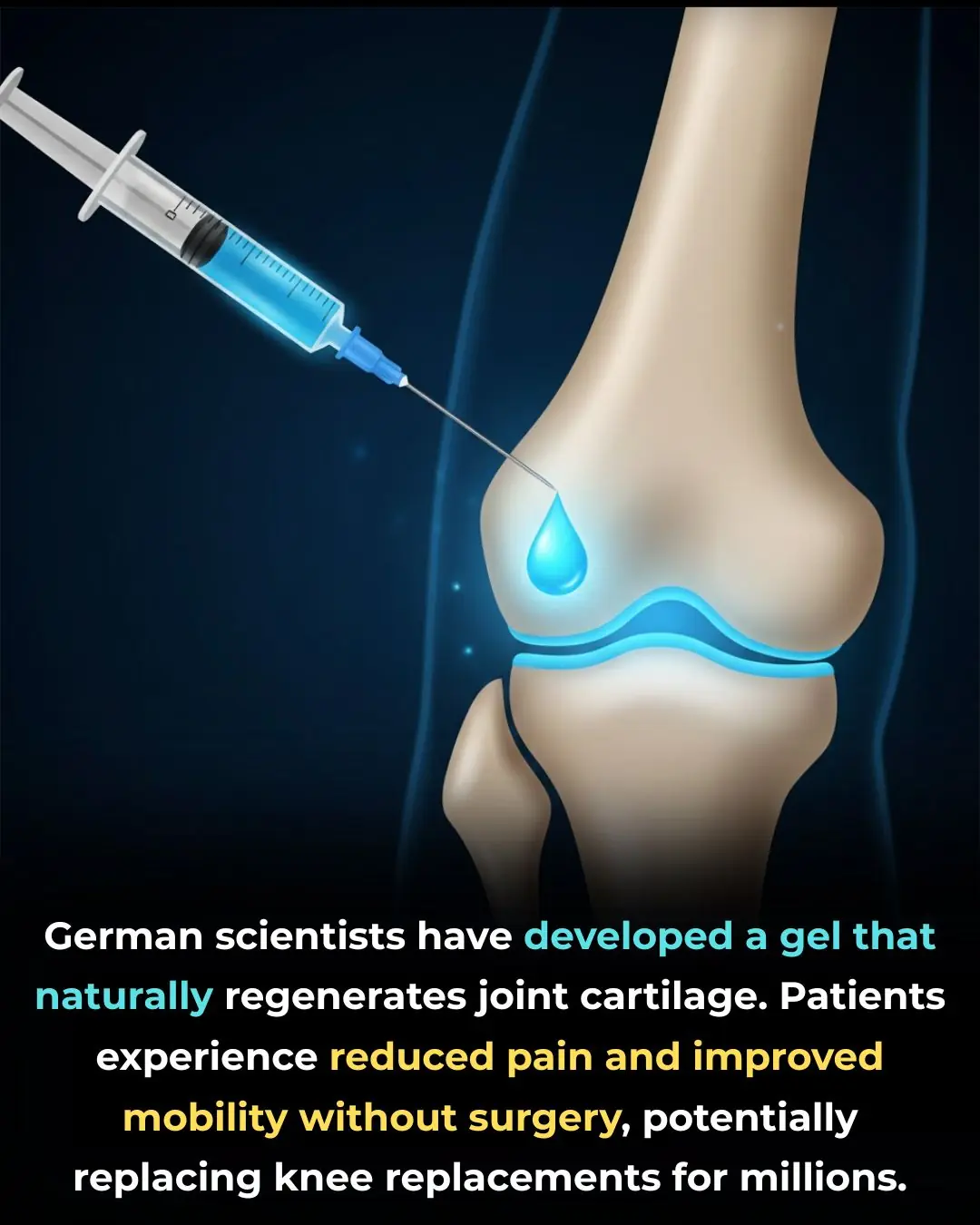
A Revolutionary German Gel May Repair Joints Naturally—Potentially Eliminating the Need for Surgery

The Power of Clove Steam Inhalation (Respiratory Relief You Can Feel Immediately)

Peter Tabichi: The Kenyan Teacher Who Became the World's Best by Inspiring Change and Giving Back

Reducing Meat Consumption by 90%: A Critical Step to Combat Climate Change and Ensure Global Sustainability
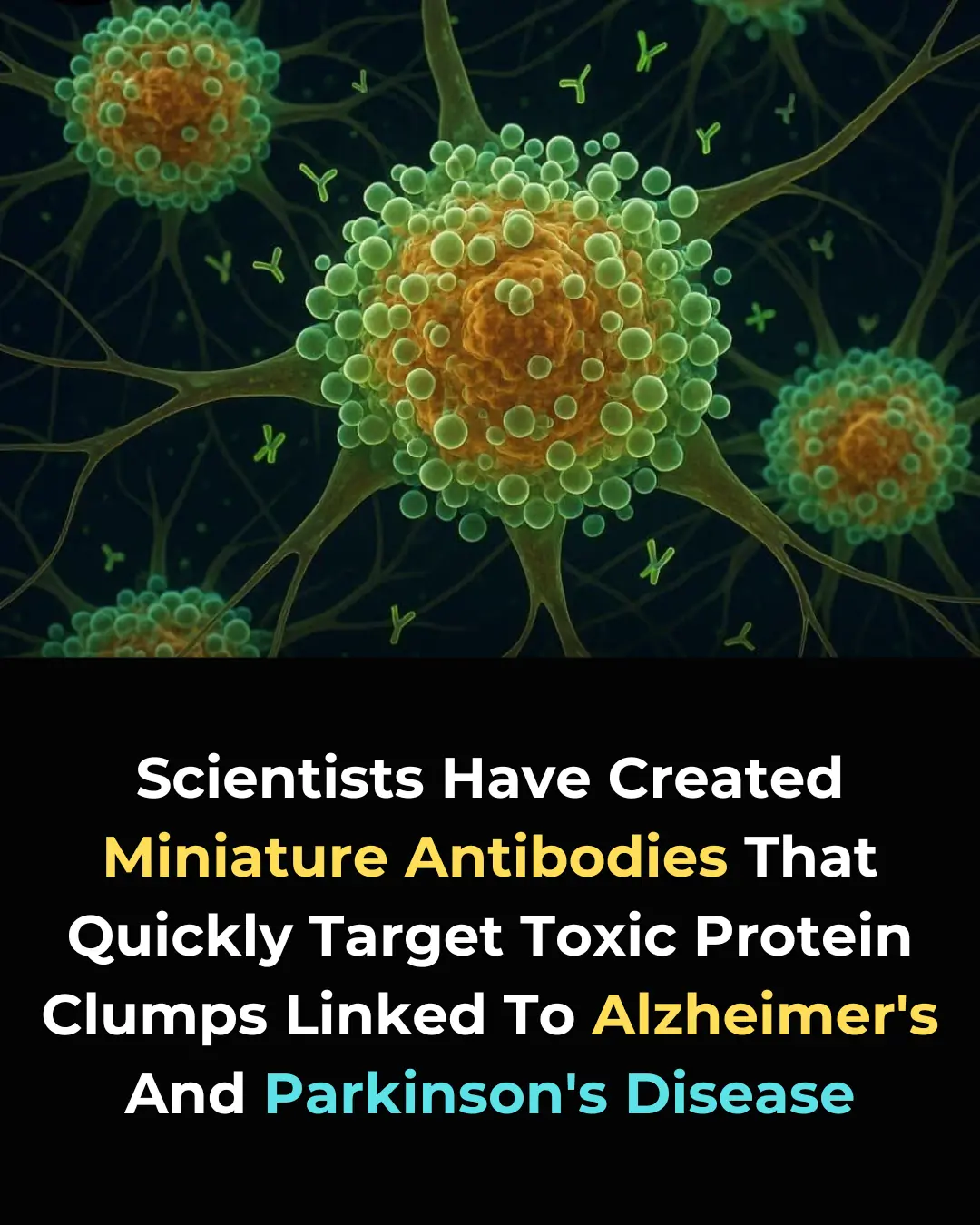
Revolutionary Nanobodies Offer New Hope for Alzheimer’s and Parkinson’s Disease Treatment
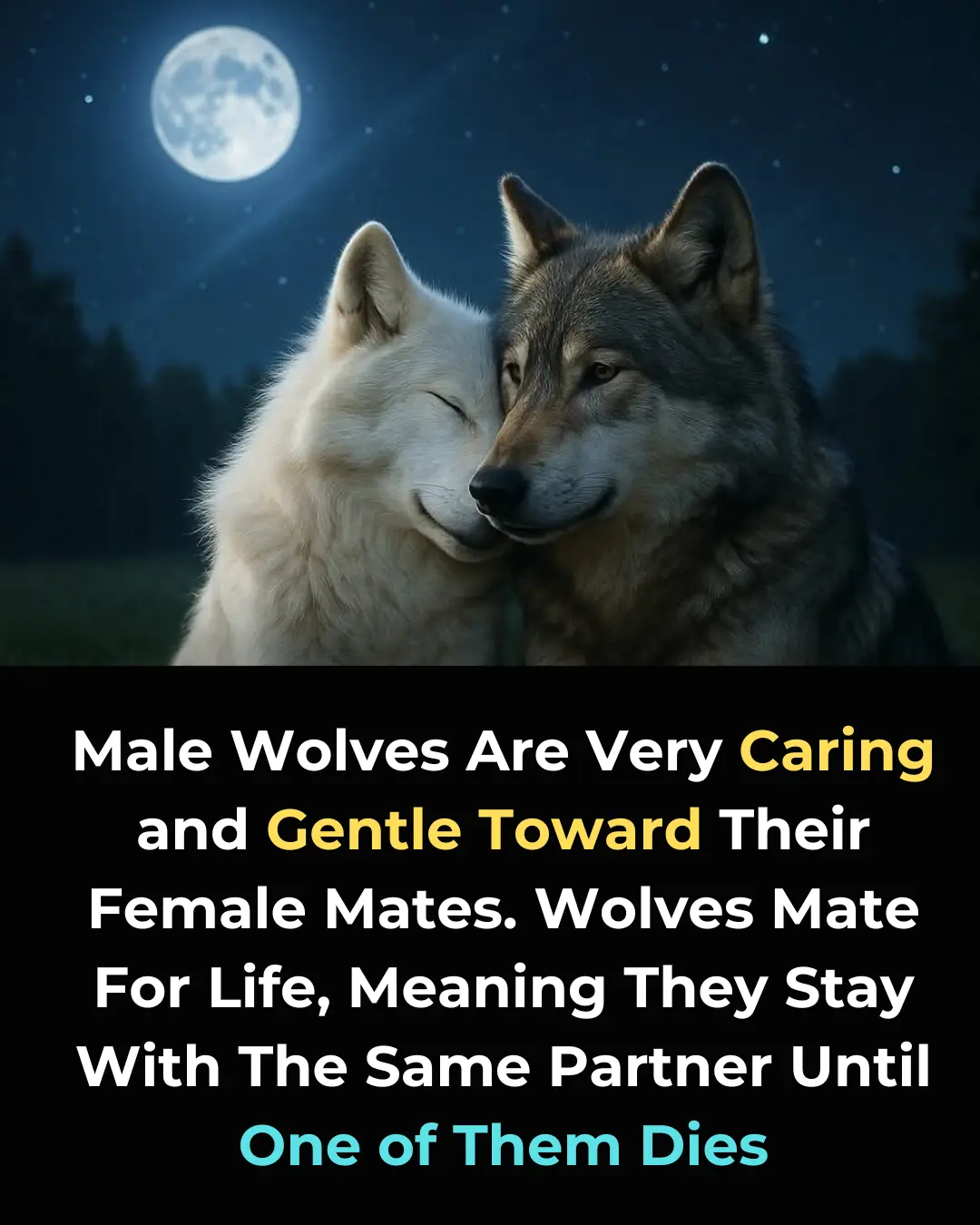
Gray Wolves: The Remarkable Lifelong Bond Between Mates and Their Role in Pack Survival

Sebastian Errazuriz’s Robotic Dogs: A Satirical Commentary on Tech Billionaires and the NFT Market

Voyager Spacecraft: A 40-Year-Old Marvel of Engineering Exploring Interstellar Space

Popular blood pressure drug linked to increased cardiac arrest risk

How the U.S. Escaped Hurricane Landfalls in 2025
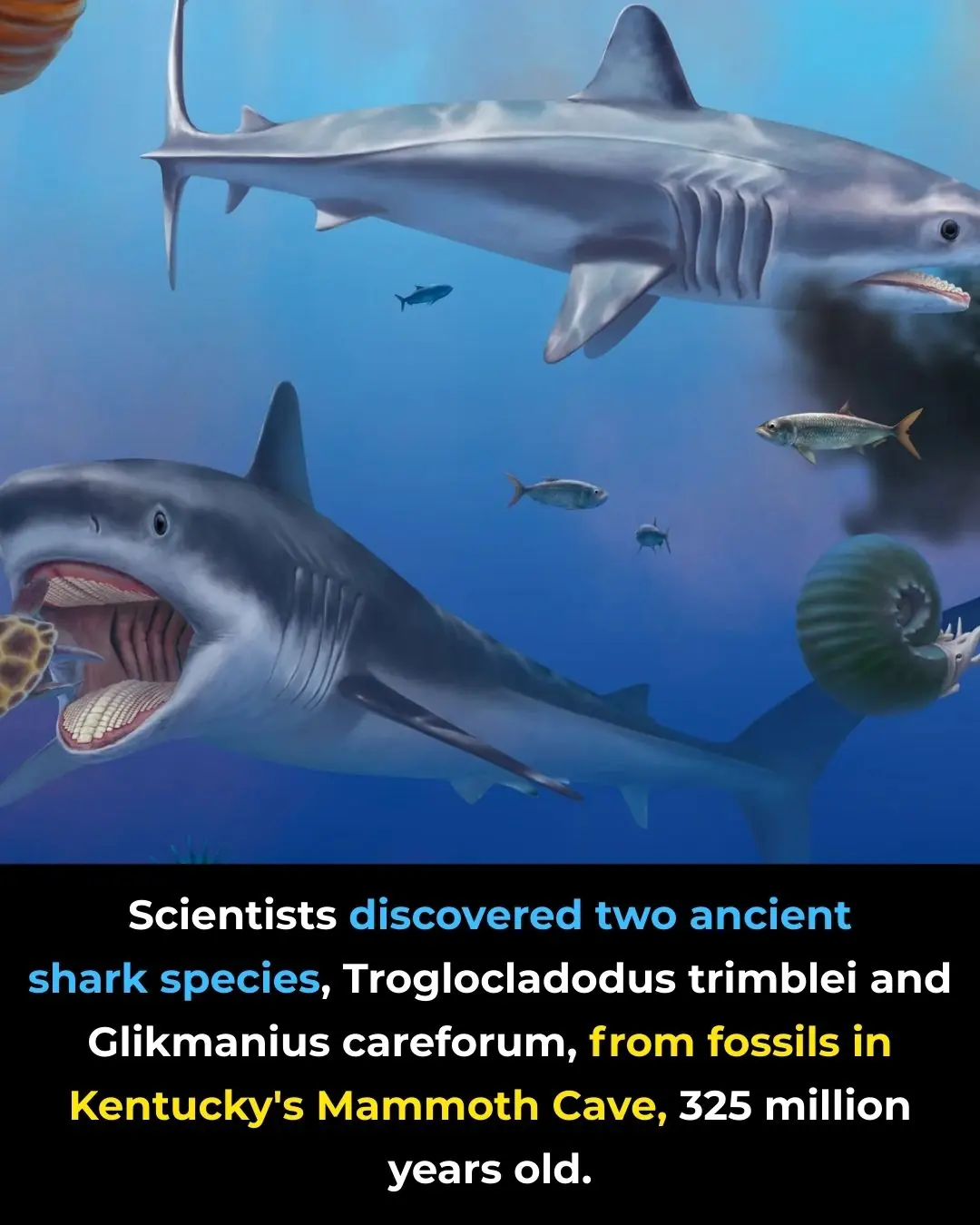
Ancient Shark Fossils Unearthed in Mammoth Cave Rewrite 325 Million Years of Evolutionary History

Powerful Health Benefits of Pineapple You Should Know

How an Italian Police Lamborghini Huracán Helped Save Lives by Delivering Kidneys Across Italy
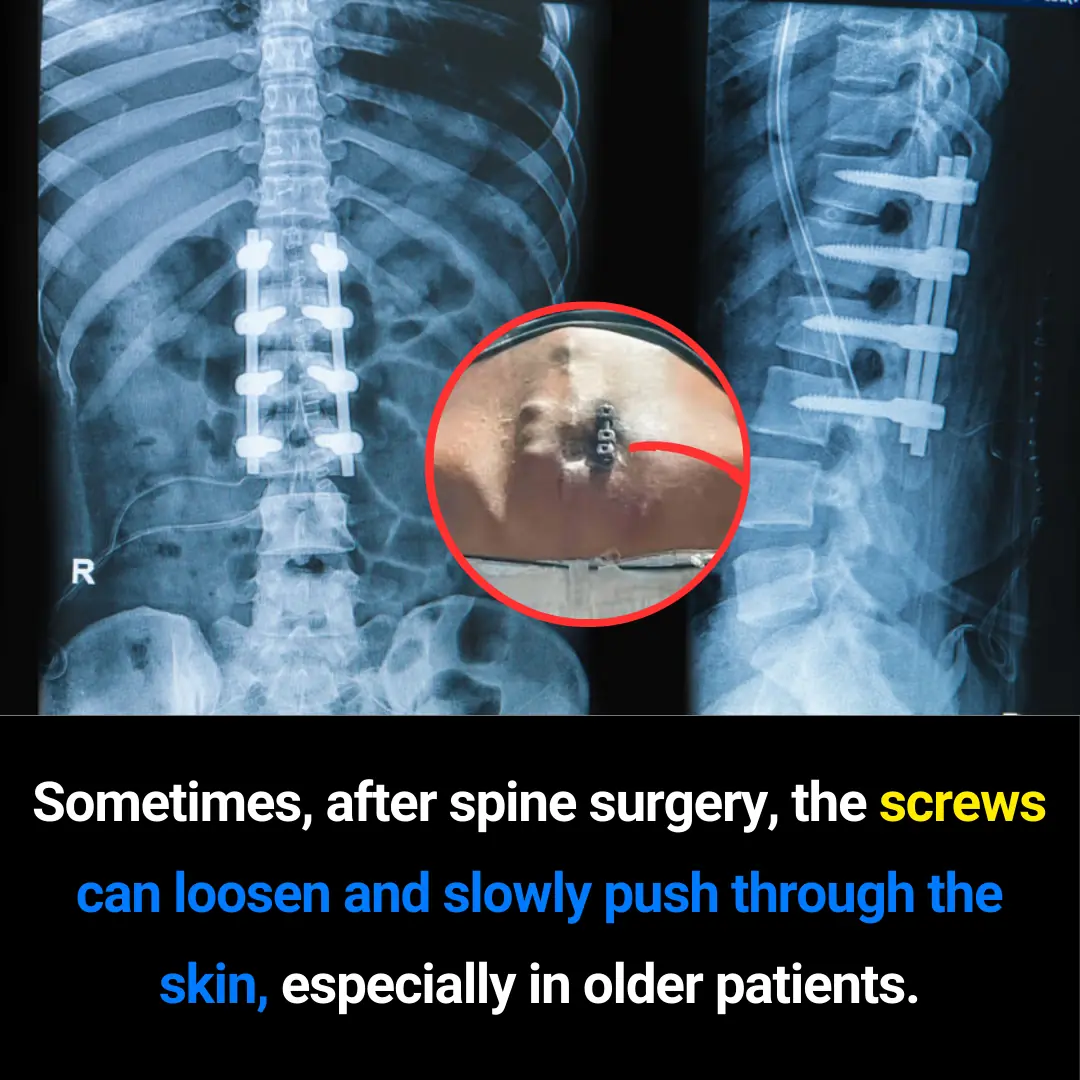
Can Spinal Screws Push Through the Skin? Understanding a Rare but Serious Post-Surgery Complication
